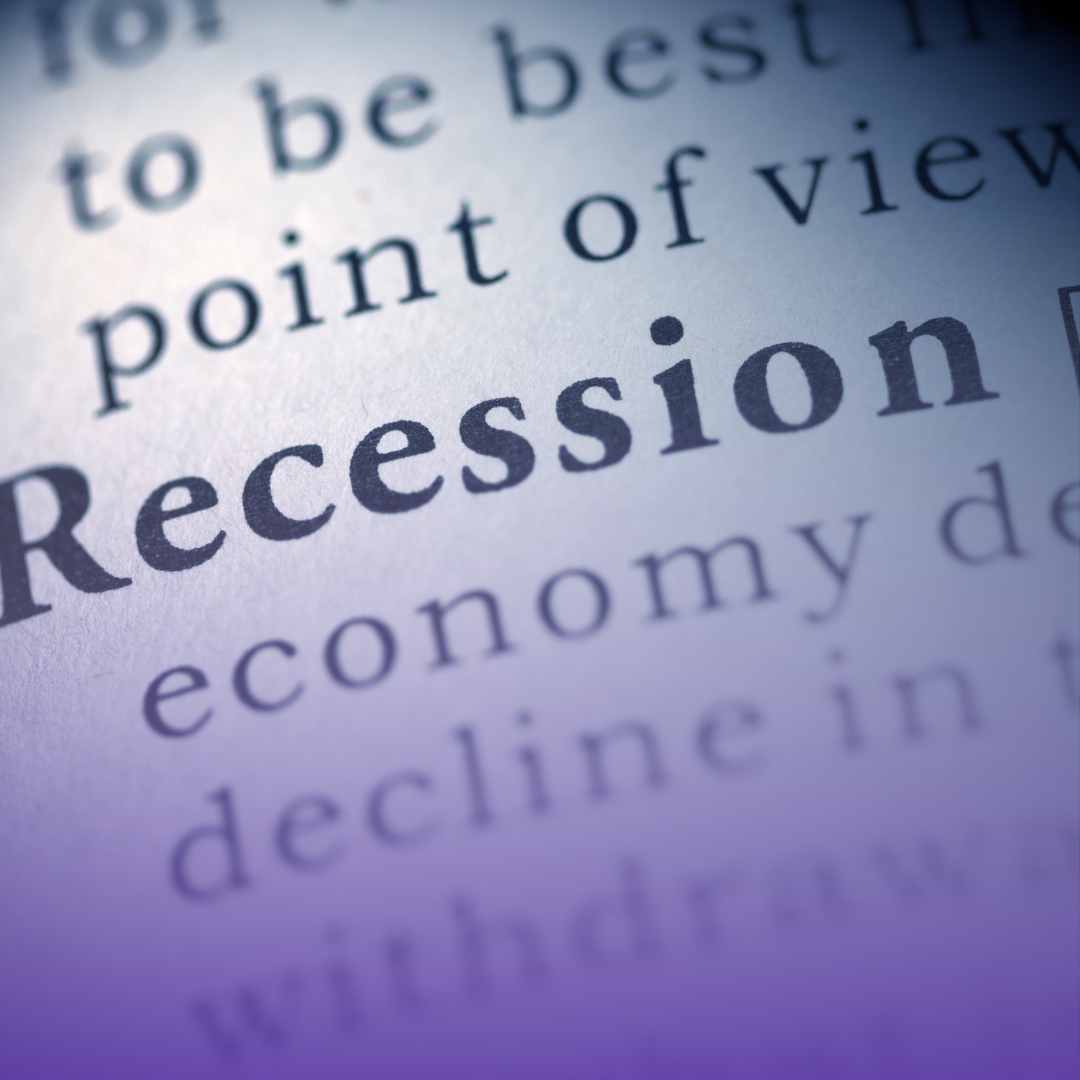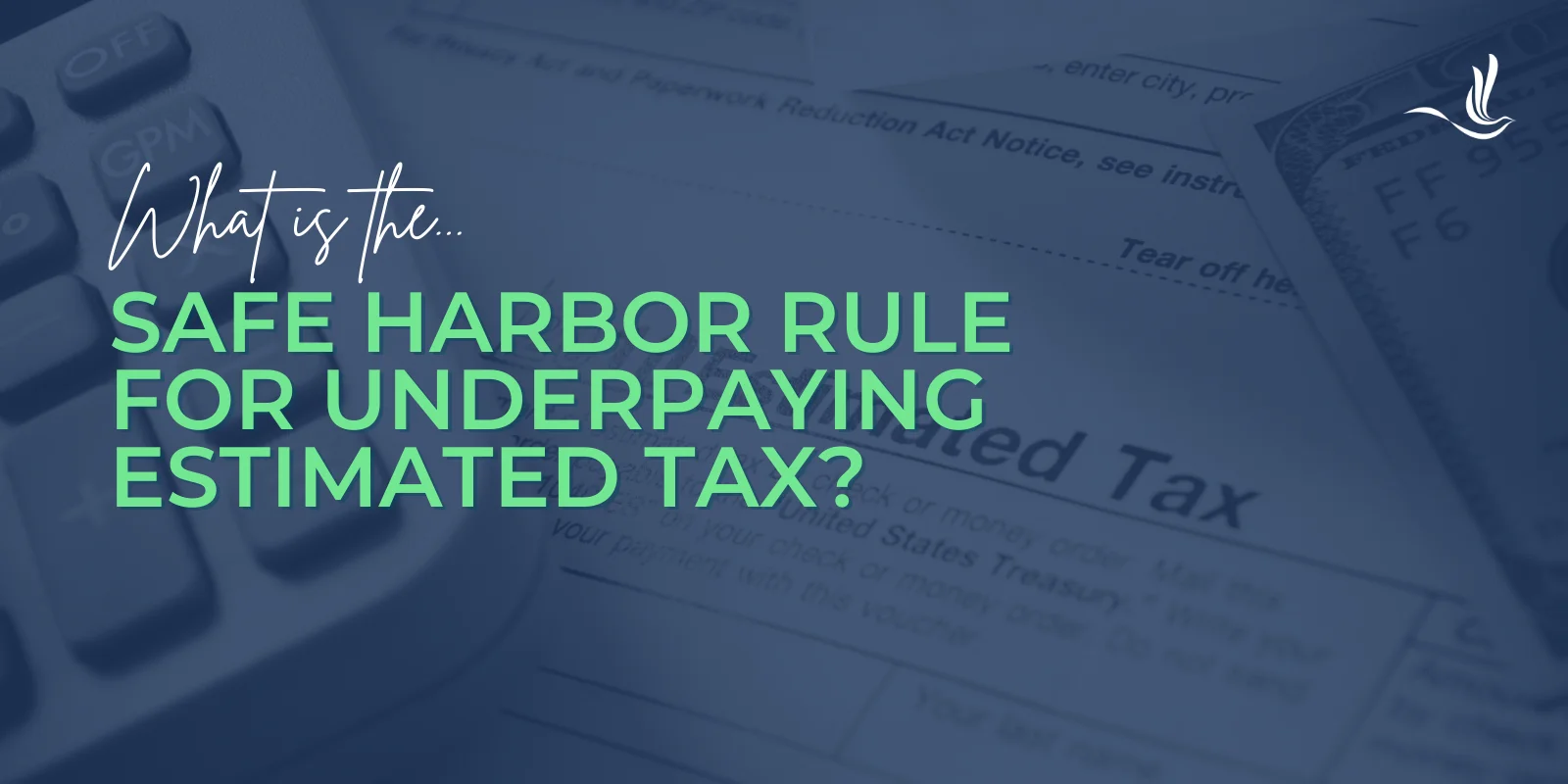If You Have a Family to Support
When a recession hits, families often feel it first. Rising food prices, childcare costs, back-to-school expenses — it all adds up quickly, and any disruption to your income can make things even harder.
Ask yourself:
- Could your household manage without your income for a few months?
- Do you have life cover that would protect your partner and children if something happened to you?
- Would a serious illness payout help your family cope if you were unable to work?
These aren’t easy questions, but they’re important ones, because being prepared now can prevent a lot of financial stress later.
Here are a few things you can do to stay financially prepared, no matter what comes your way:
- Build up an emergency fund, even if it’s small to start with
- Review your life insurance and serious illness cover to make sure it still suits your family’s needs
- Avoid relying on credit cards for everyday expenses; they’re a short-term fix with long-term consequences
Planning ahead helps you avoid hard choices later, like dipping into debt, skipping bills, or cutting essentials your family depends on. A little time spent planning today can make all the difference if life throws you a curveball tomorrow.
If You’re Self-Employed or in a Volatile Industry
If you run your own business, freelance, or work on contracts, you probably already know that your income can be unpredictable even in good times. However, during a recession or economic slowdown, the risks become even greater.
Clients start cutting back. Projects get postponed. Invoices take longer to get paid. And suddenly, your cash flow dries up — but your bills don’t stop.
Unlike PAYE employees, you might not be entitled to the same level of state support if work slows down. And even if you qualify for some help, it often doesn’t match the reality of your monthly expenses.
Here are a few things you can do to stay financially prepared, no matter what comes your way:
- Build (or Boost) Your Emergency Fund: Aim for 6–12 months of essential expenses. Recession can dry up income streams, so having a strong safety net is critical.
- Avoid Taking on New Debt: It may be tempting to use credit during slow periods, but taking on new debt adds pressure. Explore grants, tax reliefs, or business support first.
- Maximise Tax Deductions: Work with a financial advisor to create a solid tax planning strategy. By leveraging available tax reliefs and deductions, you can reduce your tax bill and free up more money to save, invest, or put towards your financial goals. Smart planning today can lead to meaningful savings tomorrow.
- Lower Fixed Expenses: Review subscriptions, memberships, insurance, and recurring bills. Trim anything non-essential to make your monthly commitments more flexible.
- Review Your Insurance & Protection Plans: Make sure you have income protection in place—it can provide a vital safety net if you’re unable to work. Consider key person insurance to protect your business in the event of your passing, along with life insurance and serious illness coverage to safeguard your family and finances.
Planning for Recessions: Timeless Steps That Always Work
No matter your job, income level, or family situation, planning your finances is the essential first step. A recession doesn’t always come with warning signs, so the more prepared you are, the better you can navigate uncertainty.
The tips below can help you alleviate financial stress, protect your income, and stay in control, whether you’re self-employed, relying on a single income, or seeking to make smarter financial decisions in uncertain times.
Build an Emergency Fund
If your income slowed down tomorrow, how many months could you cover your bills?
Aim to save 3–6 months’ worth of expenses, even if you start small. Automate it if possible. And open a separate savings account so you’re not tempted to dip into it.
Reduce High-Interest Debt
Credit card debt and overdrafts become heavy burdens when income drops. If you’re carrying expensive debt, prioritise paying it off, especially if interest rates rise. Consider a low-interest personal loan to consolidate debts more affordably.
Protect Your Income
Your most valuable asset isn’t your home or your car — it’s your ability to earn. Income protection insurance provides a replacement income if illness or injury prevents you from working.
Review Your Insurance
In a recession, unexpected expenses, like illness, accidents, or even death, can hit much harder, especially when finances are already stretched. It’s important to ask yourself: Do you have life insurance in place to protect your family if something happens to you? Is your mortgage covered if you’re no longer around to pay it? Would a life insurance payout be enough to maintain your family’s lifestyle or support your children’s education? And if you were diagnosed with a serious illness, how would you balance getting better with still providing for your loved ones?
Even if you already have cover, it’s worth reviewing; many people are underinsured without realising it, or they may be overpaying for outdated policies.
Create (or Revisit) Your Budget
Track where your money is going. Focus on essentials and see where you can cut back before you’re forced to. Use budgeting tools or just a simple spreadsheet.
Keep Saving for the Long-Term
Even during tough times, don’t give up on your future. If possible, keep contributing to your pension, even a small amount. Recessions come and go, retirement doesn’t.
Publisher: Source link










